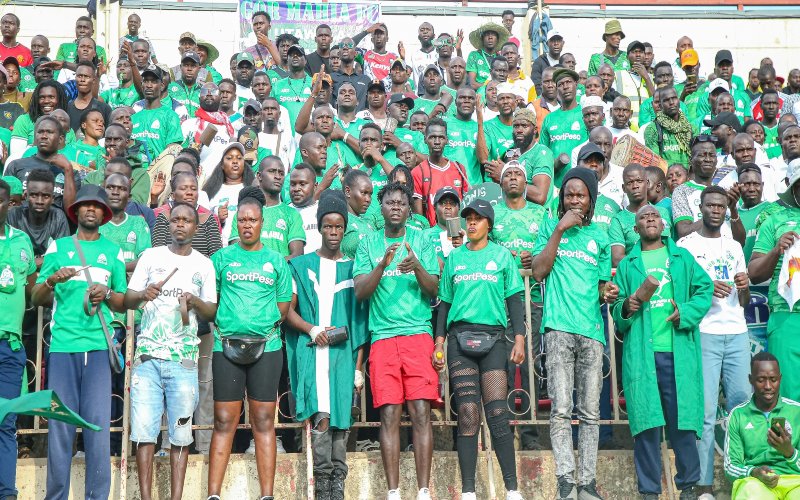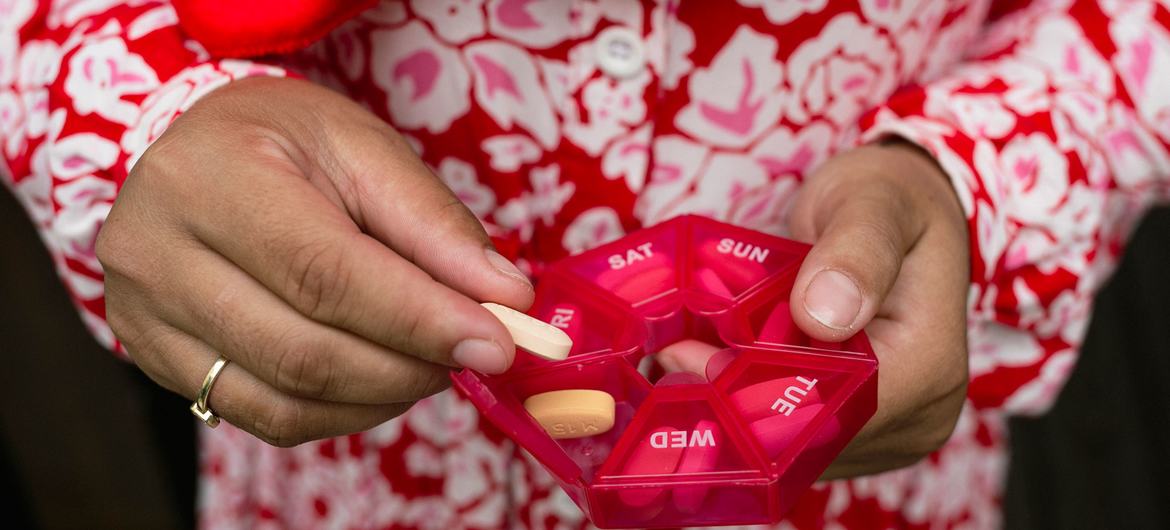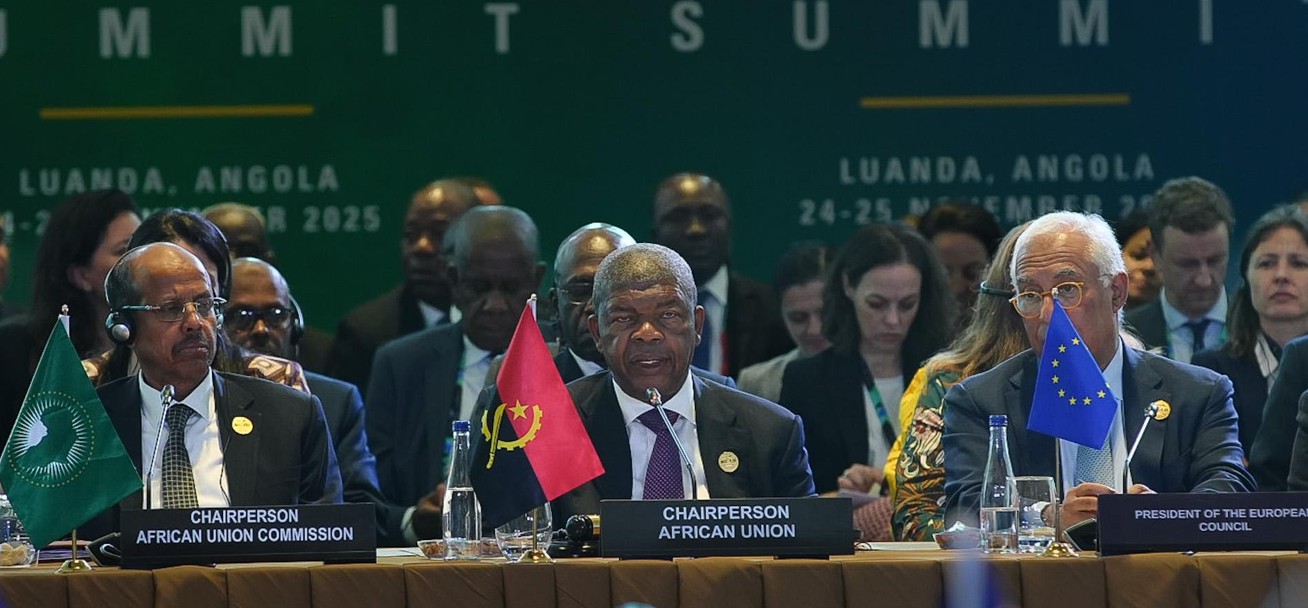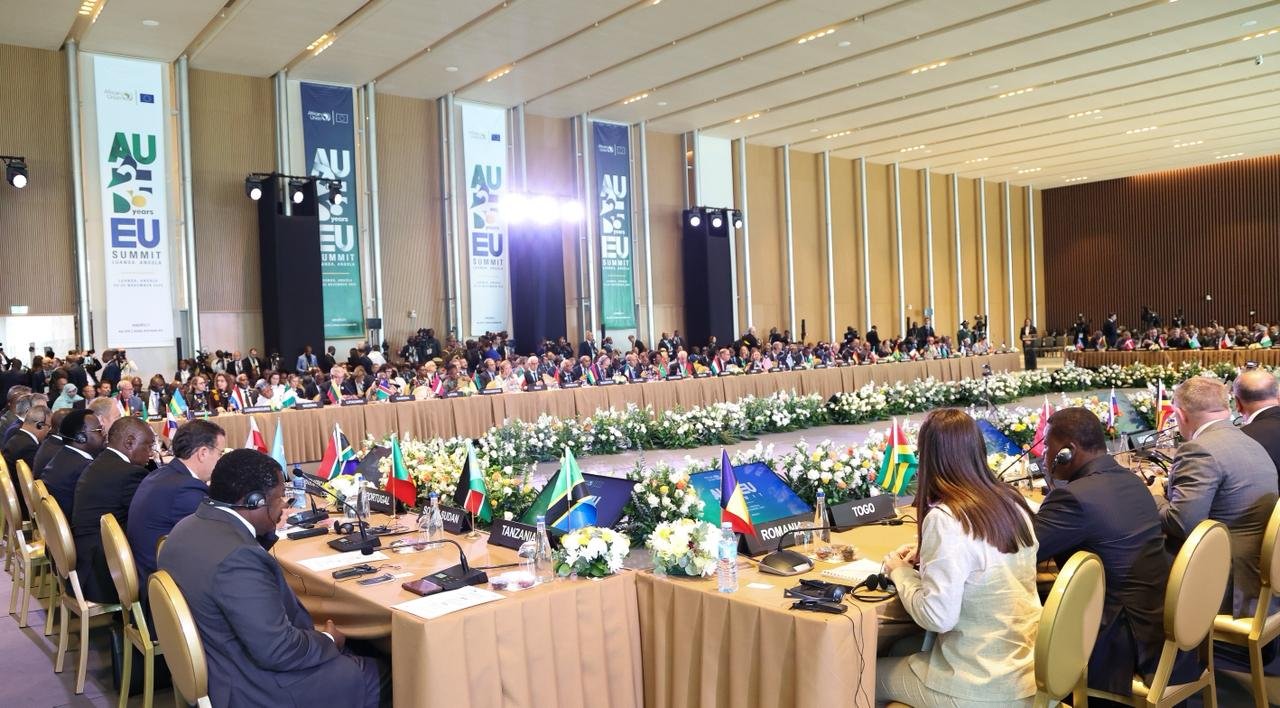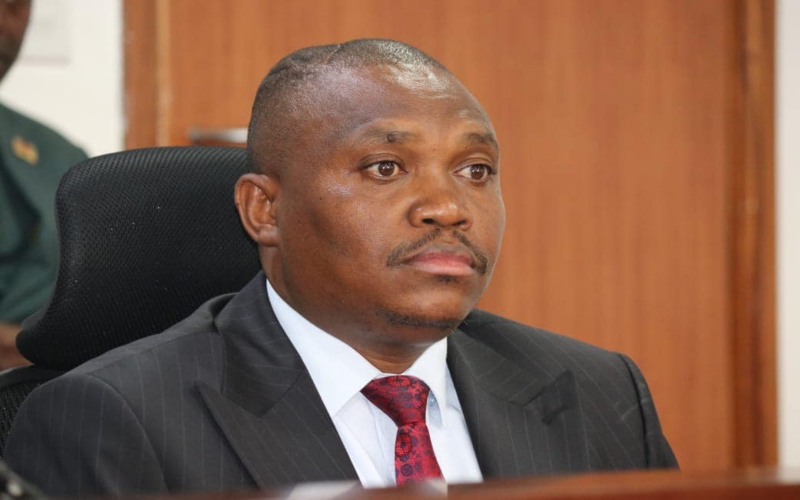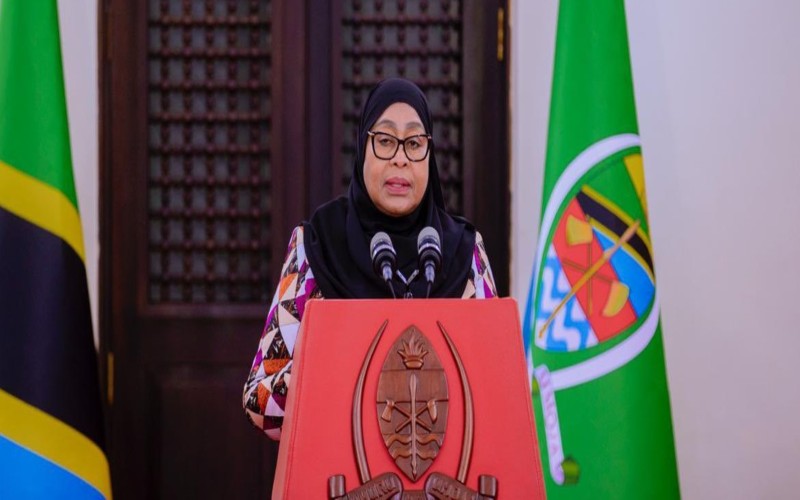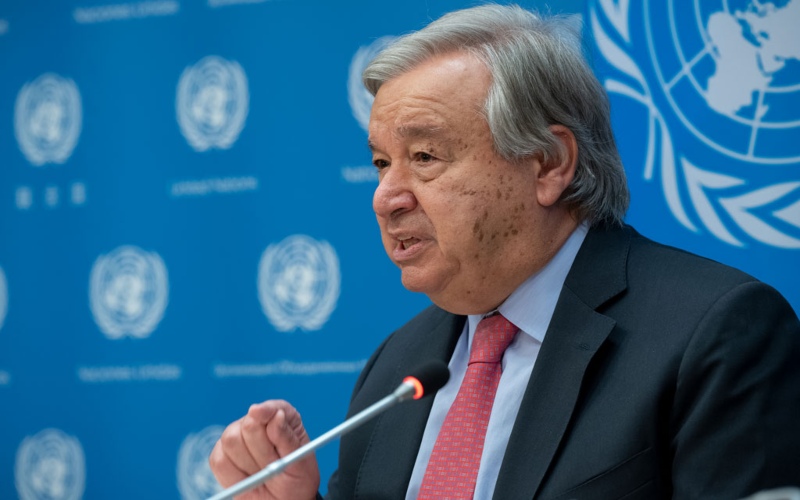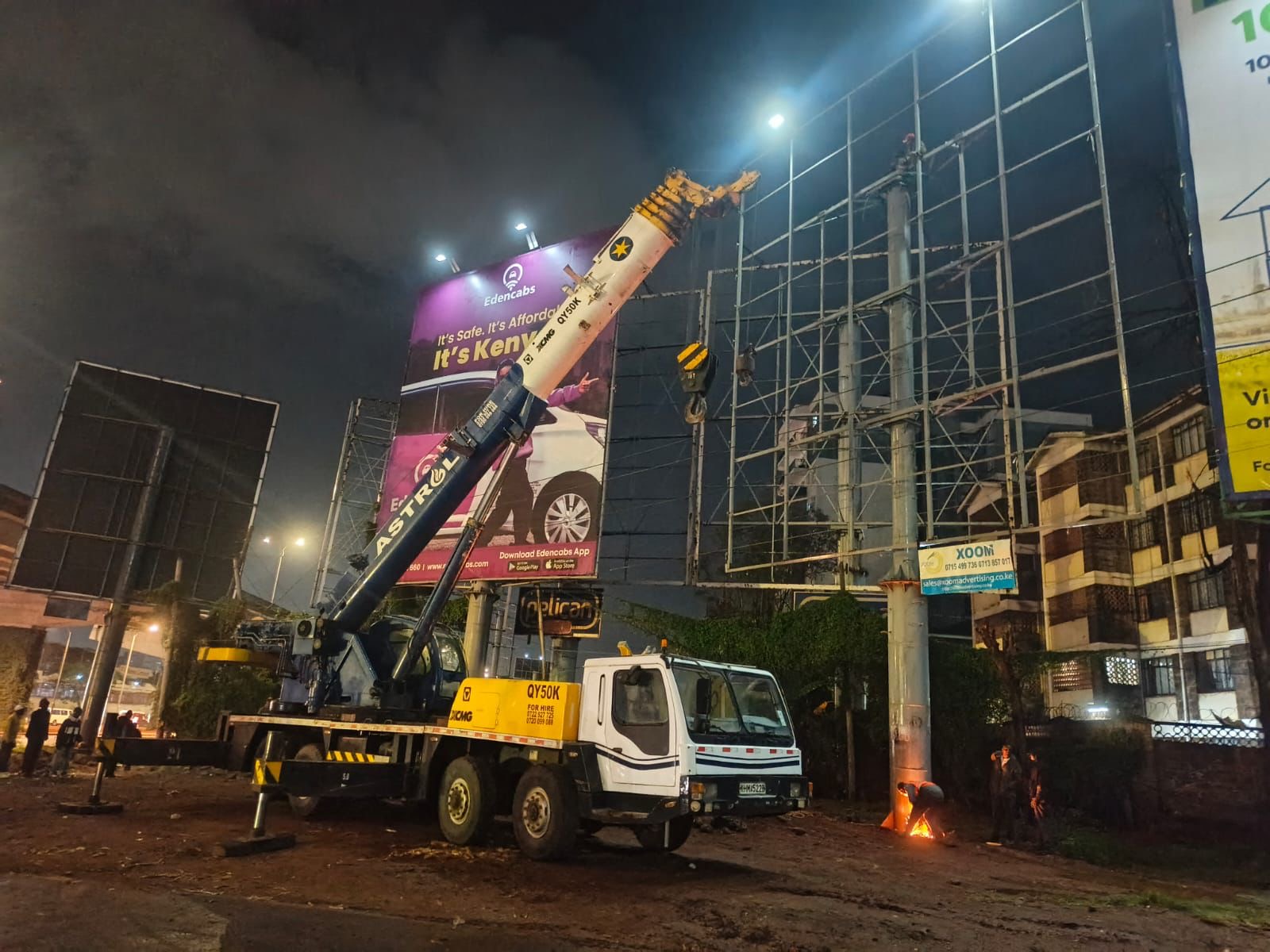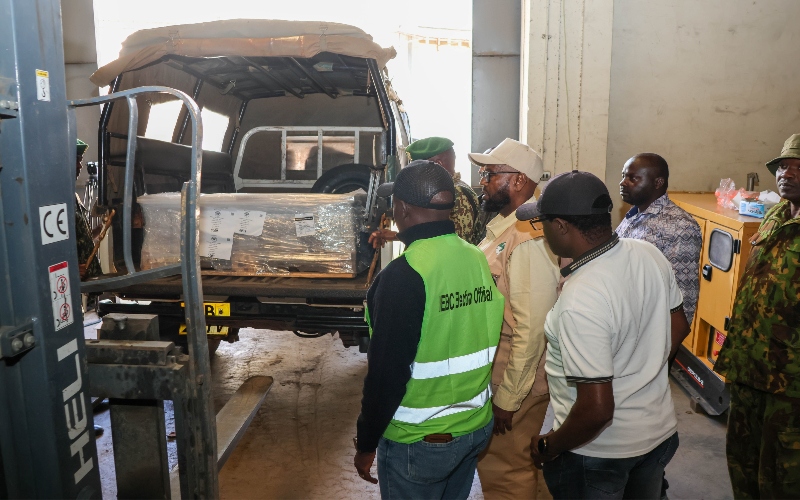Sudan ceasefire bid in limbo as army chief Abdel Fattah rejects Trump proposal while RSF agrees
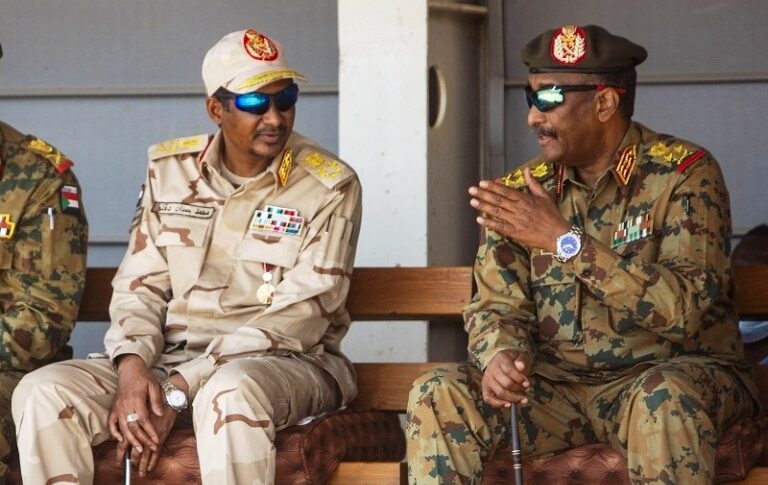
The latest truce proposal, presented on behalf of the US, the United Arab Emirates, Saudi Arabia and Egypt, has not been released publicly.
US President Donald Trump's envoy for Africa, Massad Boulos, on Tuesday urged Sudan's rival commanders to accept an international ceasefire proposal "without preconditions" in a conflict that has devastated the country for more than two years.
His appeal comes as diplomatic efforts intensify after Trump said last week he would personally engage in efforts to end the war.
More To Read
- Sudan’s RSF declares three-month ceasefire amid backlash over civilian attacks
- Why UN’s gradual move back to Khartoum, Sudan is ‘an important step’
- Sudan military leader Burhan rejects US-led ceasefire plan, accuses Quad of favouring RSF
- G20 summit in South Africa adopts declaration despite US boycott
- UAE, US top diplomats discuss Sudan ceasefire efforts
- South Africa rejects US plan to send Chargé d’Affaires for G20 handover
What has been the response to the Sudan peace proposal?
The latest truce proposal, presented on behalf of the US, the United Arab Emirates, Saudi Arabia and Egypt, has not been released publicly.
However, Sudanese army chief Abdel Fattah Burhan called it "unacceptable," while his rival and former deputy, Rapid Support Forces (RSF) leader Mohamed Hamdane Daglo, announced a unilateral three-month humanitarian ceasefire on Monday.
However, on Tuesday, the army said it had fended off an attack on a base in Babanusa in West Kordofan state, the war's newest frontline.
"We are calling on both parties to accept the humanitarian truce as presented without preconditions," Boulos said in Abu Dhabi, adding that neither side had approved the text. "We would like them to accept the specific text that was presented to them."
Boulos spoke alongside Emirati presidential adviser Anwar Gargash, days after Abdel Fattah accused the mediation of bias because the UAE — widely accused of supporting the RSF — is part of the process. Abu Dhabi denies supplying weapons, fighters or fuel to the RSF despite evidence cited in international reports and independent investigations.
On Sunday, Abdel Fattah had said the proposal transmitted by the US envoy was "the worst," and claimed Boulos had adopted Emirati "talking points." Boulos dismissed the accusation, saying Abdel Fattah was referring "to something that does not exist" and that he had "no idea" about. "We need to ignore these comments and these remarks and focus on the essential issue, which is the humanitarian crisis," he added.
Daglo had announced his unilateral truce "in response to international efforts, particularly the initiative of President Trump and the mediators." Earlier in November, the RSF had accepted the principle of a humanitarian truce proposed by mediators, but the army did not respond, and fighting has continued.
How has the conflict in Sudan progressed?
Since April 2023, the war — marked by atrocities on both sides — has killed tens of thousands of people and displaced millions. The UN describes the situation as the world's "worst humanitarian crisis."
On Tuesday, Amnesty International accused the RSF of war crimes, including summary executions of unarmed men and sexual violence against women and girls during the group's recent capture of El-Fasher. The organisation also denounced what it called Emirati "support" for the paramilitary force.
Marit Maij, a Dutch member of the European Parliament, told DW that some of the weapons used by the RSF had been traced back to Europe through the UAE, and that an arms embargo on the UAE should be considered.
"We want to make sure if weapons are being produced in Europe, that these weapons are not being abused in these kinds of wars," Maij said.
Over the past two years, Sudan's warring parties have violated subsequent ceasefire agreements, undermining multiple international negotiation efforts.
Top Stories Today
